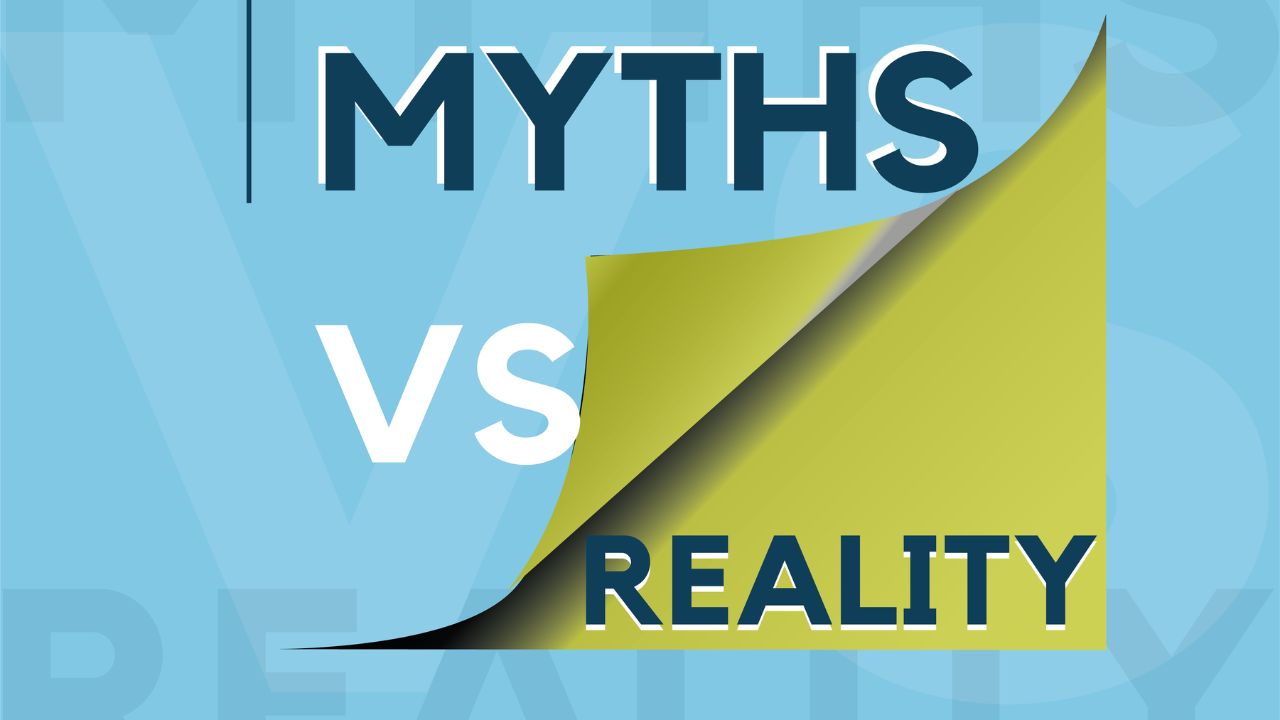Israel ” made the desert bloom” is an Orientalist colonial trope that depicts non-European lands as desolate and uncared for, where only the so-called civilized white people are able to transform it into a fertile paradise.
This has been used for centuries to fuel European colonialism with the idea of “discovering” what were supposedly empty lands, legitimizing the violence against native lands and people.
The Zionist colonial project championed this narrative.
Zionism built the Jewish settlers nationalist ethos around farming and particularly the settlement models of Moshavot (individual) and Kibbutz (collective) in different periods, starting from early 1900.
These settlements were essential in encouraging Jewish immigration from Europe. The zionist institutions actively replaced Arab workers with Jewish workers.
In 1948, the new state of Israel expropriated more than four million acres of land, including large amounts of cultivated lands. Imagine, it is the size of Wales (UK), or of Belize (Central America).
In the occupied West Bank and Jerusalem, a further 247,000 acres of Palestinian land have been appropriated by Israel to build Jewish settlements since 1967, and the Israeli regime prevents any Palestinian developments in the fertile areas (so-called “Area C”) .
Palestinians who remained inside what became Israel and were internally displaced, still cannot reclaim their land until this very day.
Before the Zionist colonial conquest, Palestine was a primarily agriculture-oriented society, thanks to ground and mineral water from its aquifers, along with its fertile soil and minerals.
Before the Nakba, Palestinians cultivated around 700,000 acres.
Particularly known was the cultivation and trade of oranges by the people of Jaffa, that has then been fully appropriated by Israeli companies.
Taking exclusive ownership of water resources has been a key factor for the Israeli regime’s agriculture development.
“Israel allows itself to waste vast amounts of water and water resources, especially for agriculture. Israel, it’s known, uses over 60 percent of its water for agriculture, which amounts to about 2 percent of GDP… Agriculture in Israel is important in terms of preserving the national ethos, and is not calculated in terms of the actual conditions of the water economy.” (source: Clemens Messerschmid)
Israel controls most of the renewable and fresh water sources in the whole of historic Palestine, between the Jordan river and the Mediterranean sea.
Its over-extraction of Palestinian water sources has disrupted the natural flow of groundwater, increasing also weather events such as floods and droughts.
In addition, Israel has been diverting water from the Jordan River basin to projects in the Naqab desert, worsening water scarcity and desertification.
Over time, Israel has also damaged the water quality of the Sea of Galilee, by clearcutting 25,000 acres of native wetlands and draining Lake Hula to build farming settlements.
Israel has uprooted tens of thousands of trees in order to build settlements on Palestinian agricultural and grazing lands, causing soil erosion.
In 2021 only, the Israeli army uprooted, destroyed, and burned approximately 19,000 trees.
Since 1948, Israel has systematically replaced native trees and crops (such as carobs, hawthorns, oaks, olives, figs, and almonds) with over 4 million non-native European species, such as pines and eucalyptus, to hide the ruins of hundreds of demolished Palestinian villages.
This has reduced biodiversity, increased droughts, accelerated desertification and worsened wildfires.
These are just a few of the examples of Israel’s environmental and social damage to the land of Palestine.
The Zionist colonizers have never cared for the land and its preservation. On the contrary, they focused on reproducing the European lifestyle and capitalist economy, while robbing indigenous Palestinians of all their resources and livelihood.
Reading & watching suggestions
- Mark Zeitoun, Power and Water in the Middle East
- Steven Salaita, Masalha: The Palestine Nakba: Decolonising History, Narrating the Subaltern, Reclaiming Memory
- Documentary : Jaffa the Orange’s clockwork
